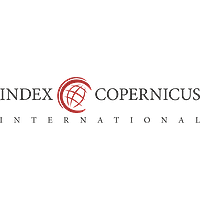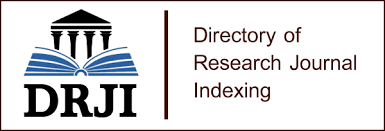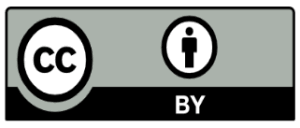PROTECTION OF THE CHILD FROM DEGRADING TREATMENT IN TANZANIA: A CRITICAL ASSESSMENT OF THE LAW AND PRACTICE
Abstract
The child should be protected by his rights. Protection of child rights and welfare makes the child able to reach his physical, mental, emotional and social potentials. The child needs to be provided with necessary services for his growth from his parents, relatives and the State. The study by Legal and Human Centre reveals that:
‘There has been an increase of violations of the rights of children in Tanzania. Tanzanian children are seriously vulnerable to cruelties of all forms, including sexual offences, physical and emotional neglect, physical abuse, child labour, and even murder. Rape incidences account for about 75% of the reported.’
Thus, the child needs to be protected against torture and degrading treatments, involving in different pornographic activities, sexual exploitation, drug abuse, and trafficking of drugs, child trafficking, child sale, abduction, degrading fosterage and adoption. The Public Enquiry on Violence and Abuse against Children conducted in eleven Districts in Tanzania to a total number of 307 cases revealed that the child highly suffers from degrading treatment. Thus, appropriate measures are required to be set on place with a view of protecting the child against degrading treatment.
Â
References
REFERENCES
Mashamba, C.J. (2010), Introduction to family law in Tanzania, Institute of Public Policy and the law & the National Organisation for Legal Assistance (nola): Dar es Salaam.
Mambi, A. J. (2009). Legal challenges on children protection in cyberspace in Tanzania a comparative perspective’ (2009) 1(1): 85.
Commission for Human Rights and Good Governance. (2009). Children desk report for CRC committee members and rapporteurs for the optional protocols, United Nations: Dar es Salaam.
Magobe, T. (2009). ‘ILO’S decent work agenda and its application in Tanzania’ 8 (1): 69.
Mkandya , B. 2008) ‘Is traffic in human beings a crime in Tanzania?’ (2008) i-vi, nos 1- 6 (2006-2008) the Justice Review, special consolidated edition to mark the 5th anniversary of Nola, 66.
Gallinetti J., and Kassan, D. (2008). ‘Trafficking of children in Africa: an overview of research, international obligations and existing legal provisions in J. S. Nielsen (ed.) children’s rights in Africa: a legal perspective. Hampshire: Ashgate Publishing Limited.
Kihwelo, P. F. (2008). Child rights protection in Tanzania: a need for an immediate harmonisation. 2 (2): 45.
Hellum, A, (2007), Human rights, plural legalities and gender realities, Southern and Eastern African Regional Centre for Women’s Law: Harare.
Legal and Human Rights Centre, (2007). Human rights reports 2007 incorporating specific part on Zanzibar. Legal and Human Rights Centre: Dar es Salaam.
The Law Reform of Tanzania, (2006). Report on the introduction of a legal framework on electronic commerce and cyber crimes, The Law Reform of Tanzania: Dar es Salaam.
Shivji. I. G. (2004). Constitutional and legal system of Tanzania, Mkuki na Nyota Publisher: Dar es Salaam.
T. Asuni (2004). ‘Drug trafficking and drug abuse in Africa’ in T.M. Mushanga (ed.), Criminology in Africa, Fountain Publisher: Kampala.
Singh. D. (2001). Child rights and social wrongs, Kanishke Publisher: New Delhi.
Paranjape, N. V. (2001). Criminology and penology, Allahbad: Central Law Publications.
Byrne, I. (1998). The human rights of street and working children, A practical manual for advocates, Intermediate Technology Publications: United Kingdom.
Peter, C. M. (1997). Human rights in Tanzania: Selected Cases and Materials, Koppe: Kolon.
Mathur, K. M.(1996). Crime human rights and national security, Gyan Publishing House: New Delhi.
Published
How to Cite
Issue
Section
License
Copyrights for articles published in Journal of Asian and African Social Science and Humanities are retained by the authors, with first publication rights granted to the journal. The journal/publisher is not responsible for subsequent uses of the work. It is the author's responsibility to bring an infringement action if so desired by the author.
Articles published in Journal of Asian and African Social Science and Humanities are published under the Creative Commons Attribution (CC-BY) license, which permits others to distribute, remix, tweak, and build upon your work as long as they credit you for the original creation.
Â














